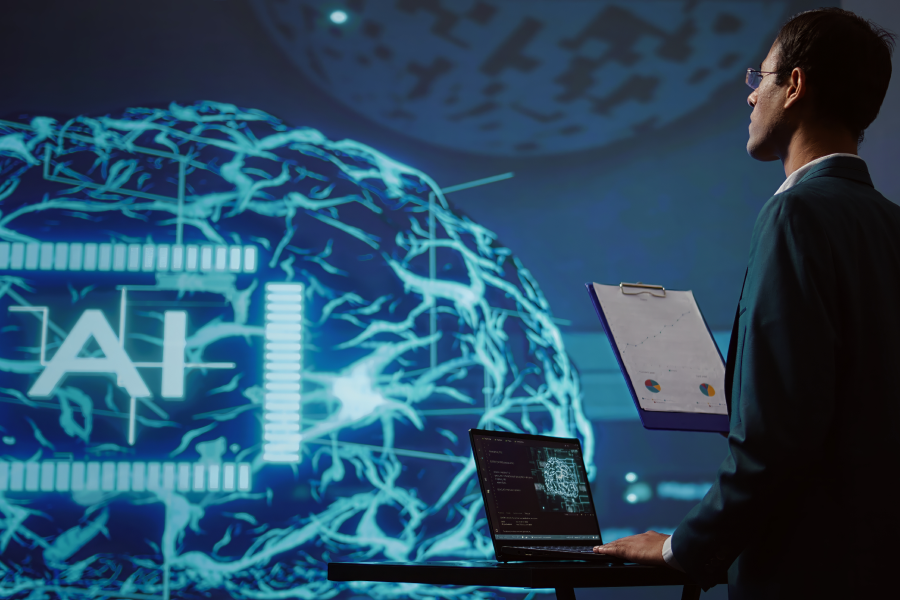Insomnia is a sleep disorder that is classified as difficulty falling asleep or staying asleep. People who have insomnia can feel discomfort in sleeping and generally, patients can experience symptoms such as mood disturbance, weakness, fatigue, etc. Even, Insomnia can be a cause for higher risk of chronic disease. One study stated that many adults who have symptoms of a sleep disorder may be the cause of psychological and physical factors. Sleep disorder treatment may include medical component, psychological, behavioral, or some combination thereof. If you have sleep disorder problems, you should talk to the doctor about the state and history of insomnia.
Due to COVID-19, people are anxious to go out for a checkup, so don’t worry because telemedicine can help people get treatment at their place without contact with infectious people. Doctors can offer cognitive behavioral therapy through telemedicine that can be effective as face-to-face consultation for the treatment of insomnia or other sleep-related problems. Before you are going for CBT-I, you will first do an initial, in-person assessment with one of our insomnia specialists. Telemedicine is making medical care accessible for every patient, whether they live in the country or any other country in the world. It is secure, cost-effective, and useful; it creates a path between patient and healthcare provider. Even, telecommunication technology is being effective for general physical illness and can diagnose a complex condition such as insomnia.
Virtual Treatment via CBT-I
Cognitive-behavioral therapy for insomnia is an effective treatment for in-person care. A study suggested that connected health could help doctors deal with sleep sickness by treating them at home through a mobile application or any other online portal rather than a clinic. Participants are assigning for six-session of treatment through virtual care. Patients should be maintaining a sleep consensus diary during the treatment period, record the number of daytime operations such as anxiety, stress, fatigue, etc. You can ask the question about sleep, thought, and feelings in the virtual visit. Telemedicine can help patients who are struggling with sleep with cognitive strategies.
Primary Care Service
The primary care is involved with physicians to other healthcare providers for direct counseling with a patient or other doctor and specialist about that patient’s health. Consultation may involve sharing the image, health information, x-ray, or any document to give the right treatment to the insomnia patient.
Video Consultation
The video consultation is like meeting a physician in-person and having a conversation over the mobile or computer in screening. People who are suffering from insomnia can describe their symptoms to specialists and take treatment through the online session.
Remote Patient Monitoring
The RPM system is an effective technology to monitor patient health at their home. It can collect patient heart rate, sleep quality, blood pressure, etc from patient location and send detail to the healthcare provider. Remote patient monitoring devices can use to collect and send the data to the doctor for interpretation. It also helps to improve the quality of life that cans effectively treat the sleep disorder condition. It has many features such as sensors on a device that can measure patient health. Data repository system can store patient information, diagnostics application, and intervention alert and analysis software all feature can help to treat the insomnia patient.
Remote Care Management to Treat Insomnia
RCM system is to deliver value-based care for patients. They can manage sleep disorders via remote monitoring, patient education, and care provision. It has the ability to increase the providers’ insight into the lives of patients and prevent chronic disease from deteriorating. The remote care management tool is not only intended to achieve intensive care but ensures that complications will be immediately reduced. Mobile devices are focusing on delivering healthcare through mobile applications that help the patient and physician keep information about health status.
A Wearable Device for Sleep Monitoring
Healthcare providers are using internet and wireless device for users to get health information. Wristband device tools are very effective for insomnia patients and physicians to treat several sleep problems. The device can detect and measure the patient’s health and share the information with their caregivers. Initially, the technology is designed to calculate steps but now we have tiny devices such as an sensor that can easily fit in wristbands. Wearable devices are set for sleep targets and get feedback on the patient’s sleep quality.
Sleep specialists are taking advantage of the wearable device to create an application, which can be used to treat the patient, and manage sleeps problems. The combination of wearable technology app and mobile applications can create a powerful device that offers advantages for a variety of situations, not just sleep problems. Moreover, the wearable device can warn on physical changes of the body and it can help doctors remotely to provide an integrated data treatment plan. The data stored from the wearable device is useful for measuring body change at night, during sleep, and any other factor that you are experiencing with sleep problems.
Conclusion
Telemedicine is effective to diagnose the insomnia symptom. The technology is secure to provide audio and video facilities to deliver care of patients who are seeking treatment for a sleep disorder. It allows a sleep specialist to treat the patient at their place without requiring a clinic visit. Telemedicine allows video communication in a rural area, where internet speed can be slow. It can remove the barriers between home and local sleep lab and provide better sleeping in your bed. These devices can be more inexpensive and help patients to engage with overall sleep.
You can communicate anytime with a healthcare provider about your sleep conditions. Physicians are hoping that they can diagnose various sleep disorders without consuming the time and patients get on with face-to-face care.
Softgrid Computers Indore provides a telemedicine platform for the healthcare provider to connect with their patient in a way that makes care convenient and accessible. We can create a seamless experience for users across mobile and desktop devices. We can simplify the telemedicine application so that the user can easily use it at an affordable price.

 Web and Full Stack
Web and Full Stack CMS and Frameworks
CMS and Frameworks Online Marketing
Online Marketing Cloud Services
Cloud Services ECommerce
ECommerce Mobile
Mobile



